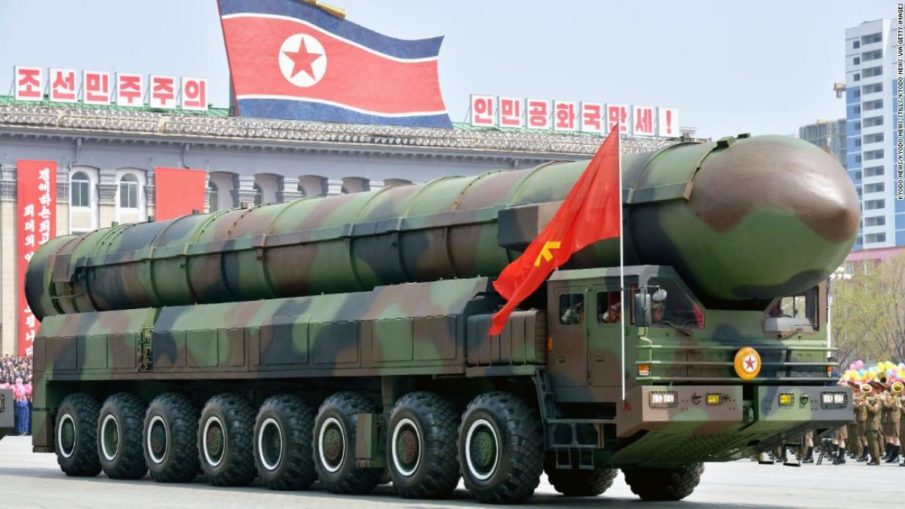After North Korea’s most recent bout of long-range ballistic missile tests, the United Nations Security Council unanimously voted to impose new sanctions on Kim Jong-un’s regime on Saturday. These new restrictions are projected to slash North Korean exports by as much as a third.
The resolution, which was drafted by the United States after North Korea’s most recent ICBM test launch led experts to believe the platform may be able to reach targets as far away as Boston, focuses on the country’s primary exports of coal, iron, iron ore, lead, lead ore and seafood. The sanctions also target other means by which funds flow into the nation, including some banks and joint ventures made with companies based in other nations.
We should not fool ourselves into thinking we have solved the problem. Not even close. The North Korean threat has not left us, it is rapidly growing more dangerous,” U.S. Ambassador to the United Nations Nikki Haley told the Security Council. “Further action is required. The United States is taking and will continue to take prudent defensive measures to protect ourselves and our allies.”
Haley also informed the council that the United States had no plans to stop conducting joint military exercises on and around the Korean peninsula, despite North Korean and Chinese complaints that such operations only serve to increase tensions in the area. China has continued to make statements that seem to place the blame for heightened tensions on the U.S., rather than on Kim’s threats of pre-emptive nuclear strikes. The United States conducted mock bombing runs with B-1B Lancer bombers accompanied by both South Korean and Japanese fighters after North Korea’s most recent test.
This new round of sanctions is expected to cost the North Korean economy as much as $3 billion, which is a substantial portion of the nation’s $9 billion total export market. According to a statement released by US ambassador Nikki Haley’s office, they represent “the strongest sanctions ever imposed in response to a ballistic missile test.”
Even Russia and China, who have seemed, at times, to outwardly support Kim’s North Korean regime, voted in favor of these new measures, something American President Donald Trump took to Twitter to comment on: “The United Nations Security Council just voted 15-0 to sanction North Korea. China and Russia voted with us. Very big financial impact!” The President wrote.
Russia and China have both continued to expand non-military oriented business dealings with North Korea since the United States starting calling the international community to isolate them in favor of a denuclearized Korean peninsula. Russia recently began operating a ferry service to and from North Korea, which they claim caters primarily to Chinese tourists, and China saw a 10 percent overall trade increase with the isolated nation in the first half of 2017. China also provided North Korea with a number of large timber trucks that Kim’s regime converted into mobile ICBM carriers. The United Nations ultimately found North Korea, rather than China, to blame for this violation of sanctions.
This new step may offer enough economic pressure to finally persuade Kim Jong-un to give up his nuclear pursuits. Ultimately, it seems Kim’s intent was to use a nuclear arsenal to force a new age in international trade and cooperation, all based on the threat of retaliatory nuclear strike – but if these sanctions force him to the negotiating table with regional and global powers, he may yet be able to secure a better future for his nation without any such threats.
That is, of course, assuming these new sanctions leave Kim willing to negotiate, rather than just feeling cornered.
Image courtesy of North Korean KCNA
Already have an account? Sign In
Two ways to continue to read this article.
Subscribe
$1.99
every 4 weeks
- Unlimited access to all articles
- Support independent journalism
- Ad-free reading experience
Subscribe Now
Recurring Monthly. Cancel Anytime.











COMMENTS